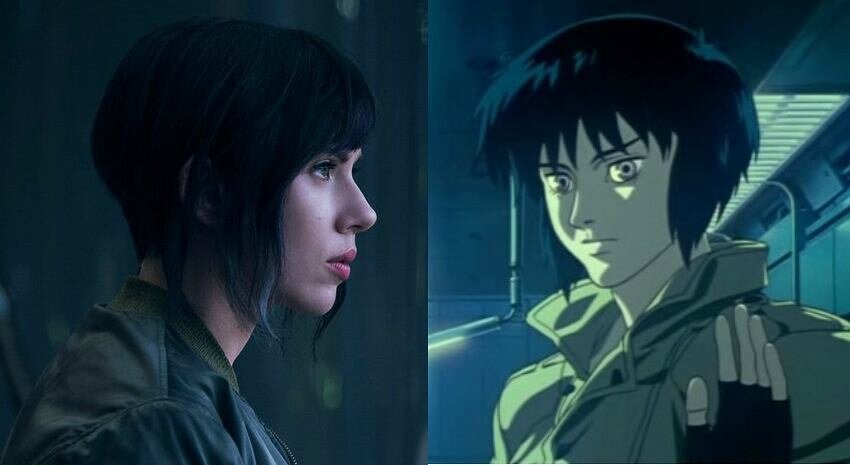Whitewashing in Hollywood
The practice of casting only white actors/actress to play a certain role of another race being ‘yellowface’ and ‘blackface’, to replace Asian and black descent in production has long been done in the Hollywood. Examples such as ‘Mr. Yunioshi’ a Japanese landlord by Rooney Mickey in Breakfast at Tiffany's and Laurence Oliver, casted as black appearance in the Shakespearean adaptation of Othello are a few roles Hollywood has taken their liberty of doing. The term whitewashing is later used to describe this action, a shortage of Asian-Americans and blacks in the filming industry decades ago has resorted to them using white actors in Asian appearances, and likewise to black characters.But seeing this as the only excuse could not justify the fact that as the world moves forward,with the increasing numbers of accountable Asian and black actors and they still proceed to continue whitewashing’.
Over the years as Hollywood continues to transgress in the matter of refusing to cast more Asians into screen showing a considerable lack of diversity in film while in the meantime also chooses whites to cover for roles meant to be Asians on screen, the recent production of ‘Ghost in shell’ originally a Japanese manga had the lead role of ‘Major Motoko Kusanagi ’ given to white actress Scarlett Johansson is a clear example to this. And to this being normalized in the film industry will instill the mindset that because itsHollywood then ‘it is okay to’ that this was ‘a thing they do’ and that we as the audience should just shut up and watch .This causes a society that prefers a predominant white role to fulfill their standard of a ‘quality’ production,as they think the best and most famous of actors and actresses comes only in white, stimulating them to rate a film based on a white lead if not dominantly white casted. A sad truth to this is that there are still a lot of people ranging from Asia to Africa that thinks of this as ‘acceptable’ eventhough the movie spiraled completely off tracks of what their expectation may be from book/manga basedcharacters,and they do not speak against it even if they question it.
Representation is important to show how included a group is, and how accepted and valid they are. Things like whitewashing should not exist in a globalized world, an era deemed to be better for all with ‘no barriers’ or ‘limitation’. Hollywood isn’t making much on platforms for other minorities to speak out what they have to say,and or explain the world themselves what they are. There is no excuse to not let minorities play out their identities in film, teaching a generation that only white leads can make it big in Hollywood, and only white leads can ‘make a movie work’ in no matter what race or cultural adaptation it may be sends out a message that people can make whatever of your roots and values, your heritage and culture,your history and your story behind your skin. Poorly portrayed, and or portrayed in the wrong way, what does that have to say about you? Asian, of the most unique and diverse of backgrounds only to be exaggerated on film in the most stereotypical way?
When are we going to put our foot down on the matters that we must, and get our rights to have more chances to speak for ourselves and play an authentic role in telling a story to the world that came from our own history. Who better ‘us’ than us ourselves?

